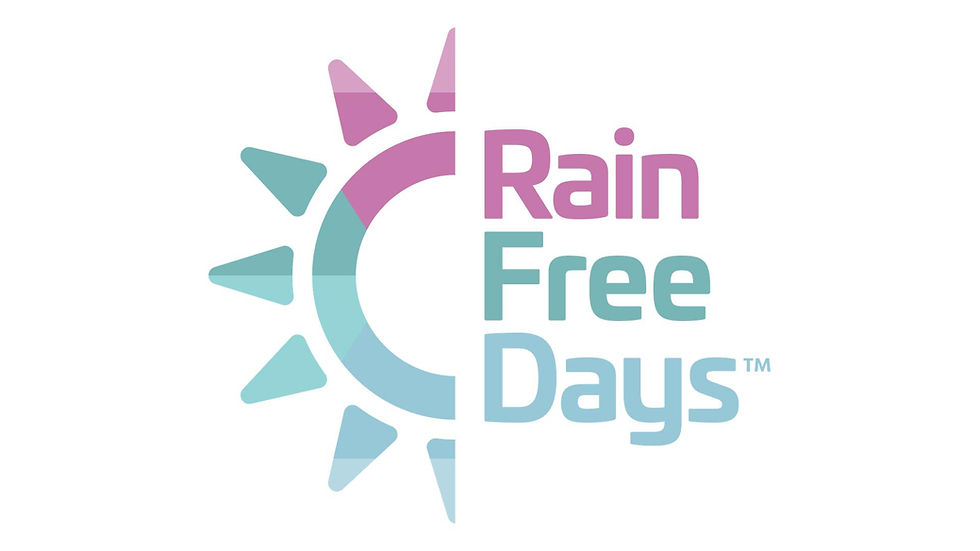The Wildlife Selfie Code
- Feb 14, 2022
- 2 min read
11 London and World Animal Protection worked together to create the Wildlife Selfie Code – a global campaign to raise awareness of how the wildlife selfie trade endangers the health and wellbeing of animals.
There has been a huge increase of wildlife selfies across social media in recent years, with tourists posting pictures of themselves touching or feeding wild animals. For tourists, paying for a wildlife selfie is an opportunity to get close to their favourite animals. For the animals themselves, this experience is traumatic, and often fatal.
The campaign focused on animals in the Amazon, and on juvenile sloths in particular, who are stolen from their mothers and used as props for tourist selfies. Sloths’ facial markings make them look like they’re smiling, regardless of how they are actually feeling. Their slow movement and benign expressions disguise the huge levels of anxiety sloths experience when being handled by tourists. Many baby sloths die within 6 months of being captured and used for tourist selfies.
Our strategy was to encourage people to ‘widen the lens’ and see the hidden suffering behind wildlife selfies. As social media has fostered the popularity of wild animal selfies, the campaign materials were circulated widely on Facebook, Twitter and Instagram as we aimed to change these platforms from the inside.
We created a collection of shareable, easily translatable, visual assets to allow different markets to autonomously run their campaigns. The social posts and videos were translated into nine different languages, and shared around the world. Our primary call to action was to ask supporters to sign up to the Wildlife Selfie Code, and pledge to take responsible animal photos.
Key celebrity influencers such as Ricky Gervais and Evanna Lynch spoke out in support of the Wildlife Selfie Code and shared the campaign with their followers. We also received coverage across various news outlets.
The campaign ran for four weeks, finishing on 20th October – World Sloth Day. By the time it had finished, Widen the Lens had reached and surpassed the target of 200,000 sign ups to the Wildlife Selfie Code by 25%.
Following the success of the campaign, Instagram has now launched a ‘wildlife warning’ page that warns users searching for hashtags like #slothselfie or #elephant ride, that these images may directly contribute to animal suffering.
Who knew sloths could inspire such fast action?
Thank you to everyone involved for making the campaign such a success.




